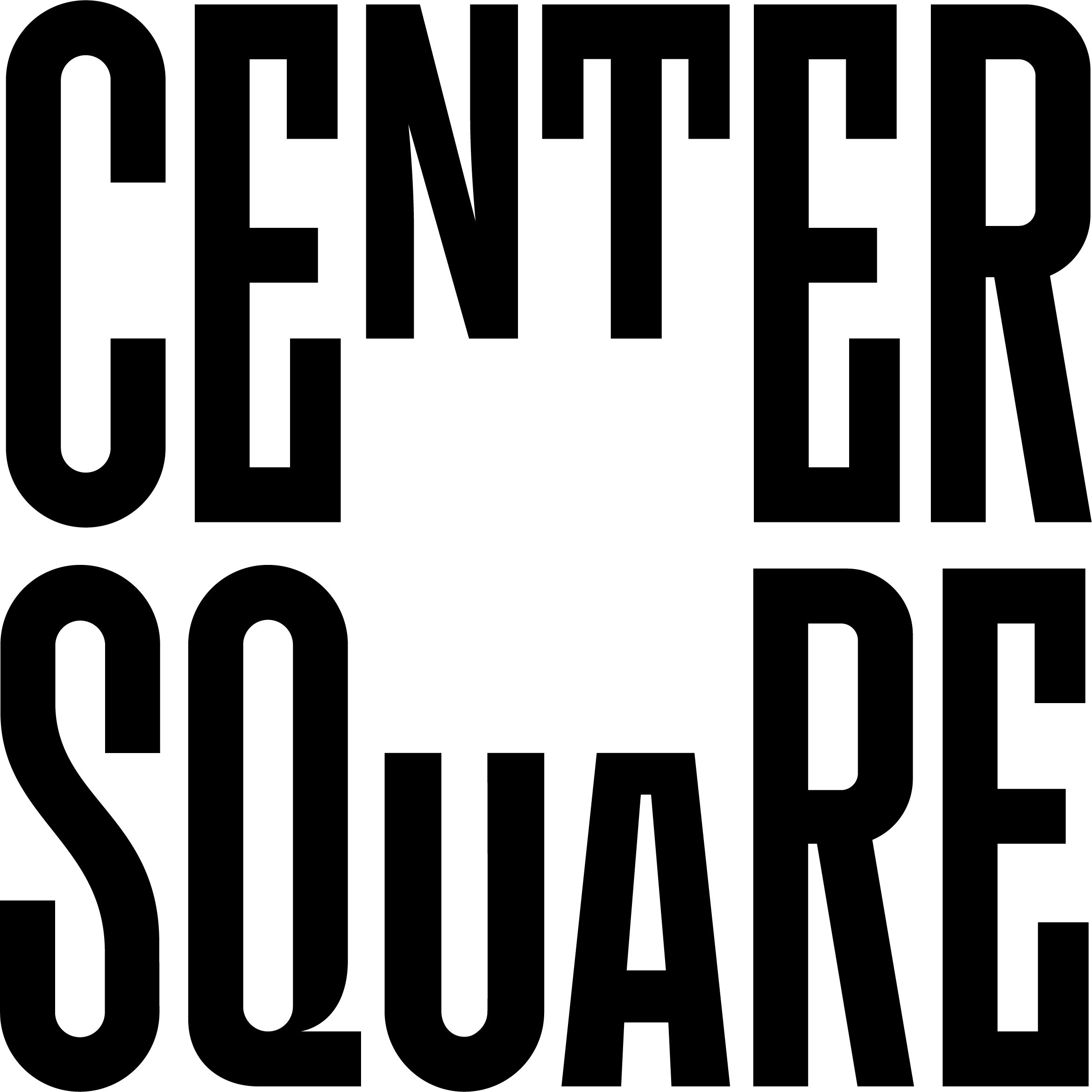Stockton Data Centers Locations (161)

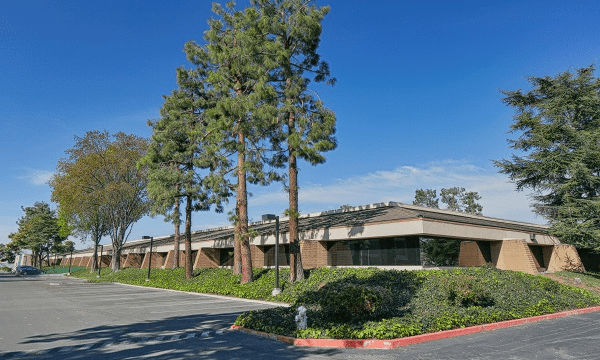





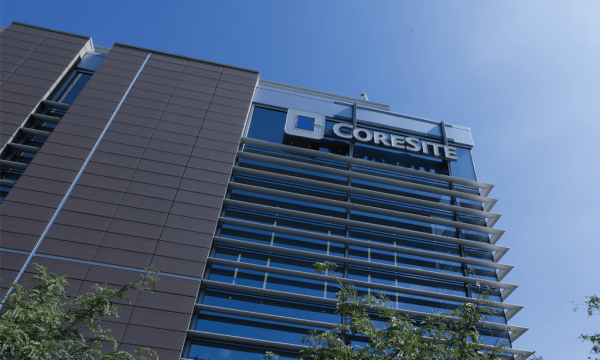







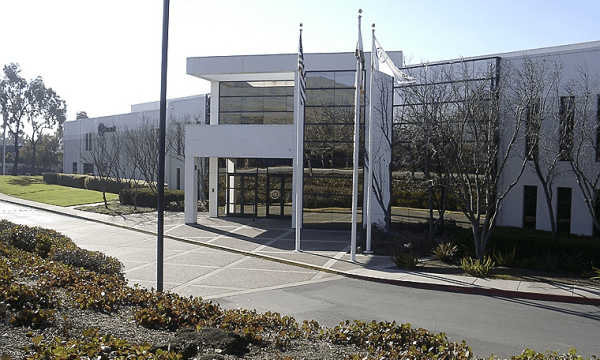

































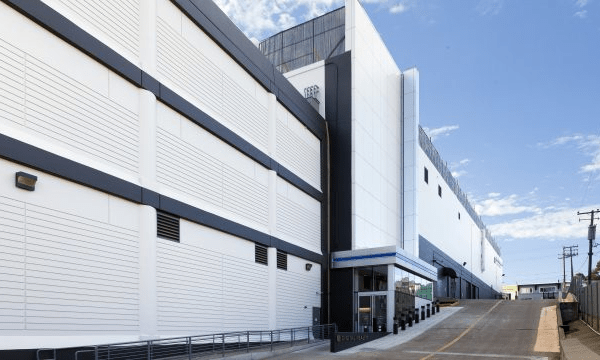



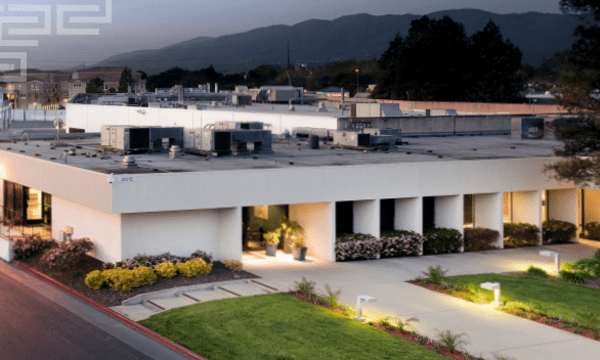

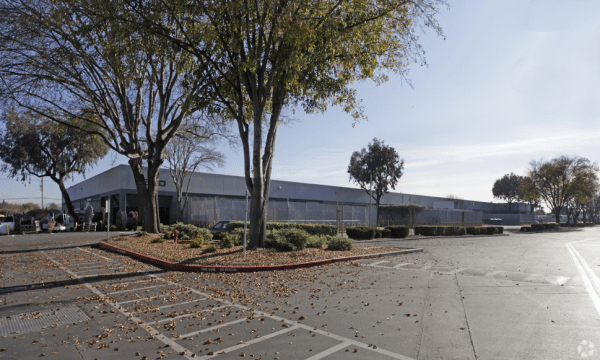













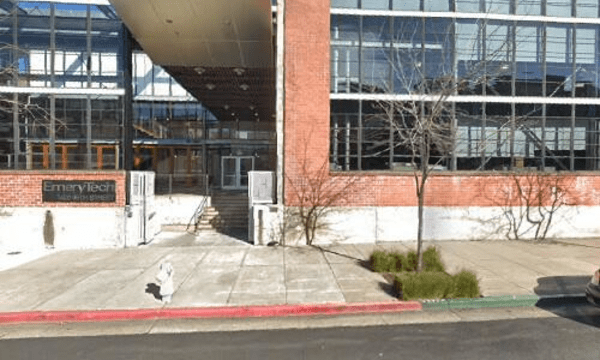









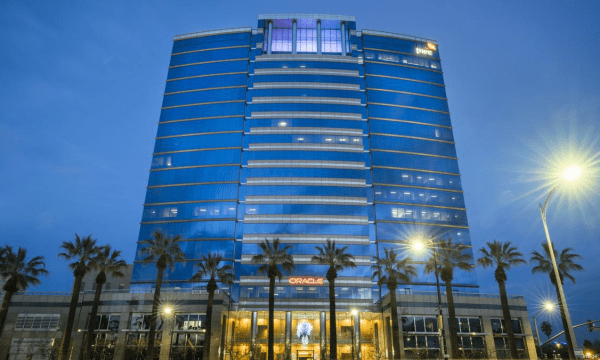
About Stockton, United States Data Centers Market
Stockton Data Centers
Stockton, located in California’s Central Valley, is emerging as a strategic location for data centers, leveraging its proximity to Silicon Valley and the San Francisco Bay Area while benefiting from more favorable real estate prices and less congestion. This positioning allows data centers in Stockton to serve major tech hubs without the high operational costs associated with those areas.
The city’s infrastructure is well-suited to support data center operations, with access to significant energy resources, including renewable energy options such as solar and wind power, which California heavily promotes. The availability of robust utility infrastructure, coupled with California’s leading-edge data privacy and security laws, provides an ideal environment for data centers looking to expand in a state known for its technological innovation and regulatory rigor.
Furthermore, Stockton’s location along major transportation corridors provides excellent connectivity options for data logistics, essential for high-speed, high-volume data transfers. The presence of a diverse workforce, supported by regional educational institutions like the University of the Pacific and California State University, Stanislaus (located nearby in Turlock), ensures a steady supply of skilled professionals in IT and related fields.
Strategic Advantages
Stockton’s geographic position within California offers significant strategic benefits. Located approximately halfway between the tech-heavy areas of Silicon Valley and the expansive markets of the Sacramento metropolitan area, Stockton is ideal for companies that need to efficiently manage data operations across Northern California. This central location helps minimize data latency issues and optimizes connectivity for regional service delivery.
The city’s risk profile is also favorable; Stockton is generally free from the severe natural disaster risks such as earthquakes and wildfires that can affect other parts of California. This stability is crucial for uninterrupted data center operations and makes Stockton a reliable choice for disaster recovery and continuity planning.
Additionally, Stockton’s growing economy and revitalization efforts in its downtown and waterfront areas are enhancing its attractiveness to businesses. These developments, coupled with lower costs of living compared to the Bay Area, contribute to making Stockton a competitive location for attracting and retaining skilled data center personnel.
Current Trends and Industry Developments
Sustainability is a significant focus for data centers in Stockton, mirroring wider trends across California. Operators are increasingly implementing green technologies and practices, such as utilizing ambient air cooling and renewable energy sources, to decrease their carbon footprint and align with state and federal environmental goals.
The rise of cloud computing and the increasing need for scalable, flexible IT resources are driving the expansion of cloud services within Stockton data centers. These facilities are enhancing their infrastructure to support various cloud deployment models, including public, private, and hybrid clouds, catering to the diverse needs of businesses in terms of security, scalability, and cost-efficiency.
Security remains a top priority, with data centers investing heavily in comprehensive cybersecurity measures. This focus is critical in an era of increasing cyber threats and heightened regulatory requirements, particularly in California, which leads the U.S. in implementing stringent data protection laws.
Future Developments and Opportunities
Looking ahead, Stockton is well-positioned to capitalize on the growing demand for data center services, driven by ongoing technological advancements and the digital transformation of businesses across industries. The need for high-performance computing capabilities is expected to grow, driven by developments in artificial intelligence, machine learning, and big data analytics.
There is potential for Stockton to develop into a regional data center hub, particularly for companies looking for cost-effective alternatives to the high-priced markets of Silicon Valley and San Francisco. This development could spur further economic growth and technological innovation within the city and the larger Central Valley region.
Additionally, as businesses increasingly prioritize sustainability, Stockton’s data centers could lead in developing and implementing innovative green technologies. These advancements could attract new business from sectors particularly sensitive to environmental issues, such as tech and green energy firms, further establishing Stockton as a model for sustainable data center operations.
GLOBAL
Top 10
Colocation Providers






